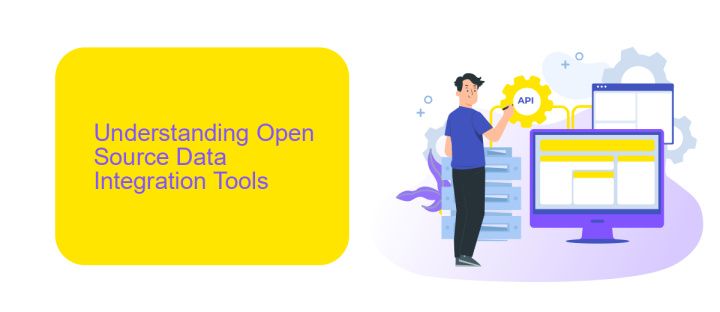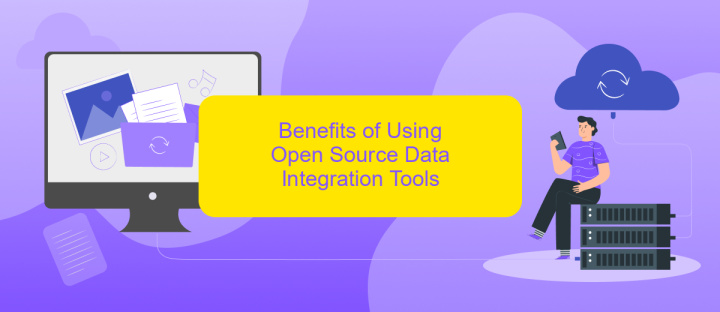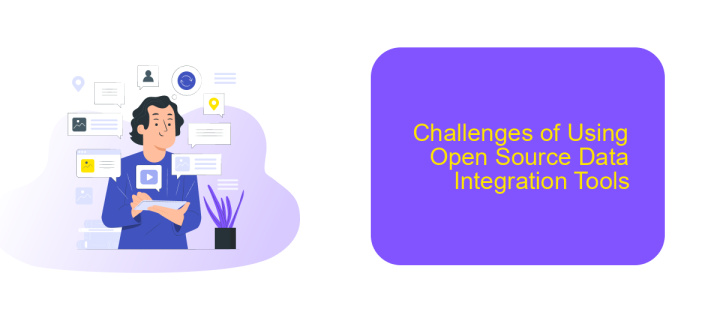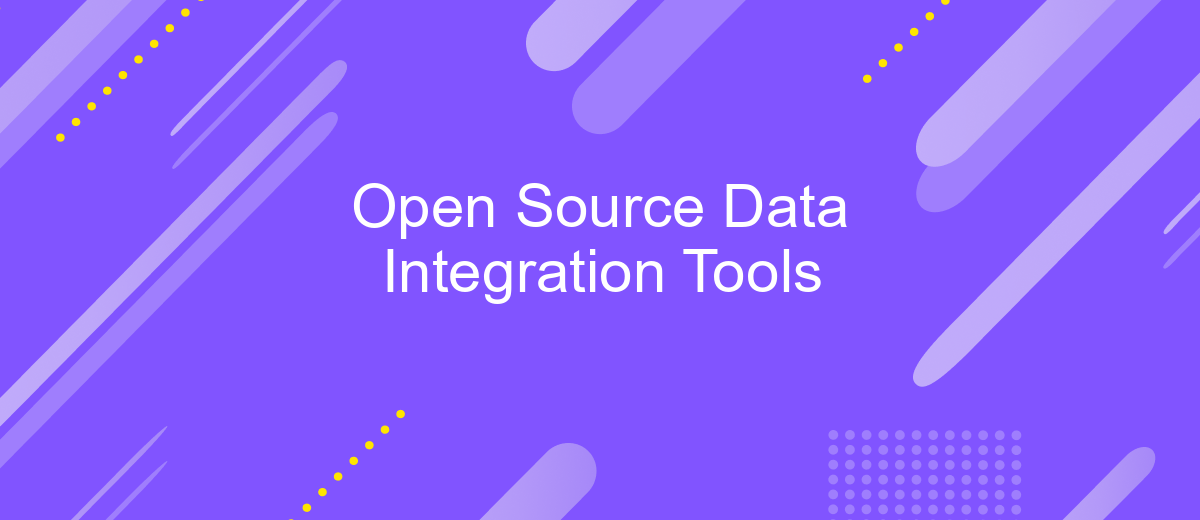Open Source Data Integration Tools
Open source data integration tools have revolutionized the way organizations manage and utilize their data. These tools offer cost-effective, flexible, and scalable solutions for combining data from diverse sources, enabling seamless data flow and improved decision-making. In this article, we explore some of the most popular open source data integration tools, their key features, and how they can benefit your organization.
Introduction
Open Source Data Integration Tools have become an essential component for businesses and developers looking to streamline their data management processes. These tools offer a cost-effective and flexible solution for integrating data from various sources, allowing for better decision-making and operational efficiency.
- Cost-effective: Open source tools eliminate licensing fees.
- Flexibility: Customize the tools to meet specific needs.
- Community Support: Benefit from a wide range of community-driven improvements.
- Scalability: Easily scale as your data needs grow.
One of the notable services that assist in setting up integrations is ApiX-Drive. This platform simplifies the process of connecting various applications and automating workflows, making it easier for businesses to manage their data without extensive technical knowledge. By leveraging open source data integration tools along with services like ApiX-Drive, organizations can achieve seamless and efficient data management.
Understanding Open Source Data Integration Tools

Open source data integration tools are essential for businesses looking to streamline their data management processes without the high costs associated with proprietary software. These tools allow organizations to connect, transform, and synchronize data from various sources, ensuring that information flows seamlessly across different systems. By leveraging open source solutions, companies can customize their data integration workflows to meet specific needs, benefiting from the flexibility and community-driven improvements that come with open source software.
One notable service that facilitates data integration is ApiX-Drive. This platform enables users to easily set up and manage integrations between various applications and services, automating data transfer and synchronization tasks. With ApiX-Drive, businesses can avoid the complexities of manual data handling, ensuring that their operations run smoothly and efficiently. The service supports a wide range of applications, making it a versatile choice for organizations looking to enhance their data integration capabilities.
Benefits of Using Open Source Data Integration Tools

Open source data integration tools offer numerous advantages for organizations looking to streamline their data processes. These tools provide flexibility, cost savings, and community support, making them an attractive option for businesses of all sizes.
- Cost Efficiency: Open source tools eliminate licensing fees, reducing overall costs.
- Customization: Users can tailor the software to meet specific needs without restrictions.
- Community Support: A large community of developers and users contributes to continuous improvements and troubleshooting.
- Interoperability: These tools often support a wide range of data sources and formats.
- Transparency: Open source projects offer full visibility into the codebase, ensuring security and reliability.
Additionally, services like ApiX-Drive can enhance the functionality of open source data integration tools by providing easy-to-use interfaces for setting up and managing integrations. This combination allows organizations to leverage the best of both worlds: the robustness of open source solutions and the user-friendly experience of professional services.
Challenges of Using Open Source Data Integration Tools

Using open source data integration tools can present several challenges despite their flexibility and cost-effectiveness. One of the main issues is the complexity involved in setting them up and maintaining them. Users often need a high level of technical expertise to handle these tools efficiently, which can be a barrier for smaller organizations without dedicated IT teams.
Another significant challenge is the lack of comprehensive support. Unlike commercial solutions, open source tools may not offer extensive customer support, leaving users to rely on community forums or documentation, which can be time-consuming and unreliable.
- Complex setup and maintenance
- High technical expertise required
- Lack of comprehensive support
- Potential for security vulnerabilities
To mitigate some of these challenges, services like ApiX-Drive can be extremely helpful. ApiX-Drive simplifies the integration process by providing a user-friendly interface and pre-configured connectors for various applications, reducing the need for extensive technical knowledge. This can make it easier for organizations to leverage open source data integration tools effectively.


Best Practices for Using Open Source Data Integration Tools
When using open source data integration tools, it's essential to thoroughly evaluate the community support and documentation available for each tool. Active communities and comprehensive documentation can significantly ease the integration process and troubleshooting. Regularly updating your tools to the latest versions ensures you benefit from security patches, performance improvements, and new features. Additionally, consider the scalability of the tool to ensure it can handle your data volumes as they grow.
Implementing a robust data integration strategy involves setting up automated workflows to minimize manual intervention and errors. Tools like ApiX-Drive can streamline this process by offering pre-built connectors and an intuitive interface for configuring integrations. Regular monitoring and logging are crucial to quickly identify and resolve issues. Establishing a clear data governance framework helps maintain data quality and compliance. Finally, always back up your configurations and data to prevent loss in case of system failures.
FAQ
What are Open Source Data Integration Tools?
Why should I use Open Source Data Integration Tools?
How do I choose the right Open Source Data Integration Tool for my needs?
Can I automate data integration processes with Open Source Tools?
What if I need additional support or customization for my data integration tool?
Apix-Drive is a universal tool that will quickly streamline any workflow, freeing you from routine and possible financial losses. Try ApiX-Drive in action and see how useful it is for you personally. In the meantime, when you are setting up connections between systems, think about where you are investing your free time, because now you will have much more of it.

